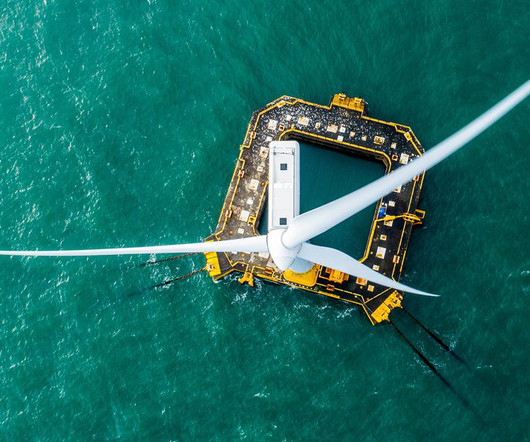U Minn seeking to license new process to produce isoprene from biomass at high yield; green tires
Green Car Congress
JULY 2, 2017
Researchers from the University of Minnesota, with colleagues at the University of Massachusetts Amherst, have developed a new high-yield process—a hybrid of fermentation followed by thermochemical catalysis—to produce renewable isoprene from biomass.












Let's personalize your content